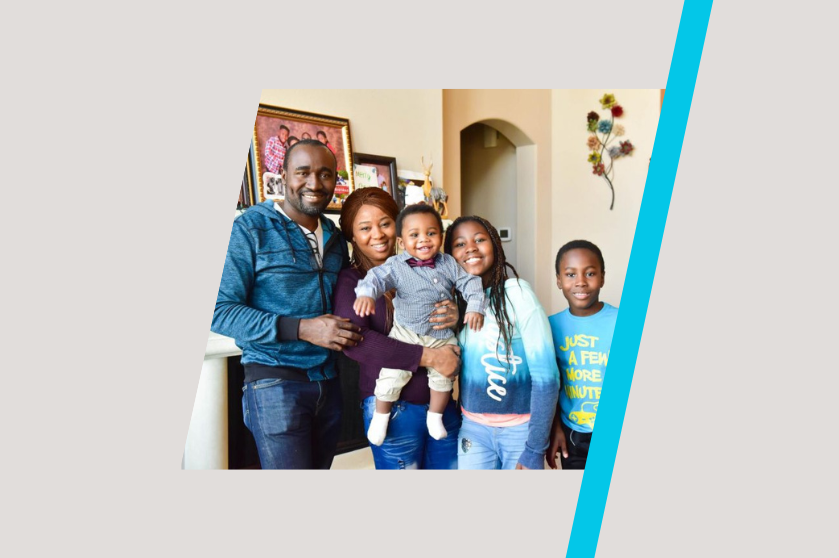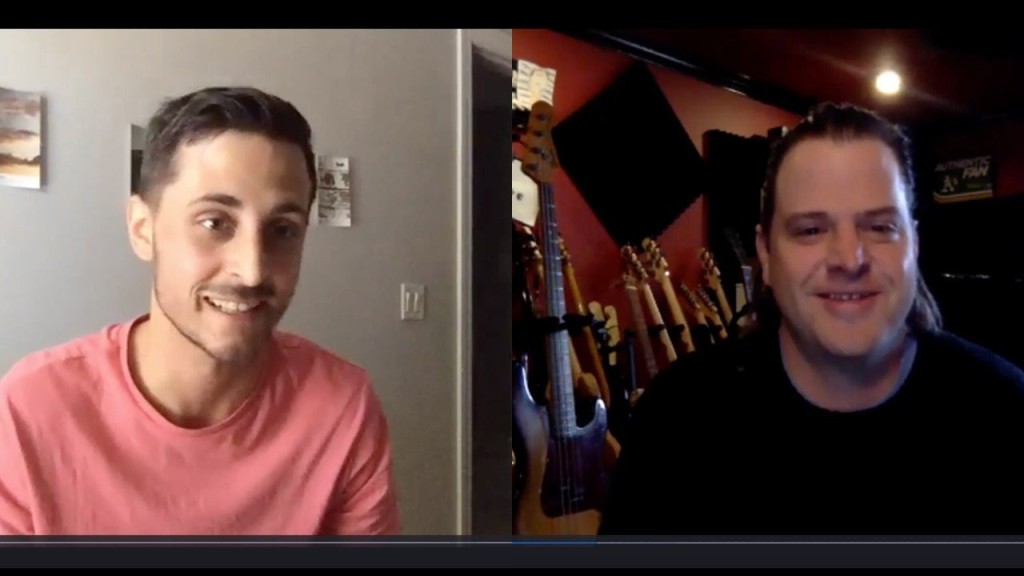
Employer-ready candidates understand how to speak confidently about their technical and transferable skills in ways that sell their professional value to employers. View a more detailed interview prep guide in the Behavioral Interview Prep Guide.
Tell me about yourself.
For strengths, consider the required skills in the job posting and explain those that you have mastered. For weaknesses, honestly explain an area in need of development, and provide specific examples of actionable steps you’re taking to improve.
Why did you choose this healthcare speciality?
Explain your motivations for going into healthcare, particularly your area of focus. While this question asks about your initial motivations, it’s best practice to incorporate what you’ve recently learned and why this path continues to be a great fit for you.
What do you see as the most important trends that will shape the future of healthcare? Where do you see yourself in the future of healthcare that you describe?
This question is designed to investigate your perspective on healthcare and its future, and how it aligns with the values of the organization where you are interviewing. If they promote the organization as cutting edge, zoom in on specifics. Ideally, you’ll discuss cutting-edge innovations in your speciality. Then explain how your career goals intersect with these innovations.
How do you build rapport with colleagues outside your specialty? Tell me about a specific time when you collaborated with a colleague that resulted in a positive outcome.
Talk about your approach to building rapport with colleagues. Pick a specific example about a positive patient outcome. Explain the situation and how you proactively collaborated with your colleague.
Tell me about a time when you were in conflict with a colleague about a patient’s treatment plan. What did you do and how did it resolve?
“Tell me about a time…” indicates a behavioral interview question so use the STAR (situation, task, action, result) method to tell a narrative. Focus on how you managed the conflict and advocated for your patients’ best interests.
What clinical skill was the most challenging for you to develop? Tell me about how you approached mastering this skill despite the challenge.
A key part of healthcare is staying up-to-date on new skills and trends in the field. The organization wants to see that you are dedicated to learning and growing as a practitioner. Think about an anecdote that answers the question honestly. Always use a specific example using the STAR method.
What diversity, inclusion, and/or cultural competence training or coursework have you received and how have you applied what you learned in your practicum?
Zoom in on a few key takeaways from training or coursework you’ve completed. Pick a specific time when you incorporated one of those takeaways into your work. Tell a story using the STAR method.
How would you manage the following scenario: [insert a patient scenario in your specialty]?
While the behavioral interview is mostly focused on fit and communication skills, there will always be a few specific and technical questions. For scenario-based questions, provide detailed answers about how you would handle a situation. Walk the interviewer through your answer step-by-step. If you have similar or relevant work experience, share that example as well.
How do you manage stressful situations? Tell me about a specific situation at work that caused you significant stress and how you coped.
Highlighting that you can manage the demands of a stressful job is essential. There is no right answer to this question. The only wrong answer is that you don’t practice any positive coping strategies. The interviewer wants to know that you put thought into your well-being so you can successfully treat patients.
Pro Tip: Always keep your answers positive, demonstrate what you’ve learned, and tell a story using the STAR framework (Situation, Task, Action, and Result) for behavioral questions so you can provide details about your accomplishments.



